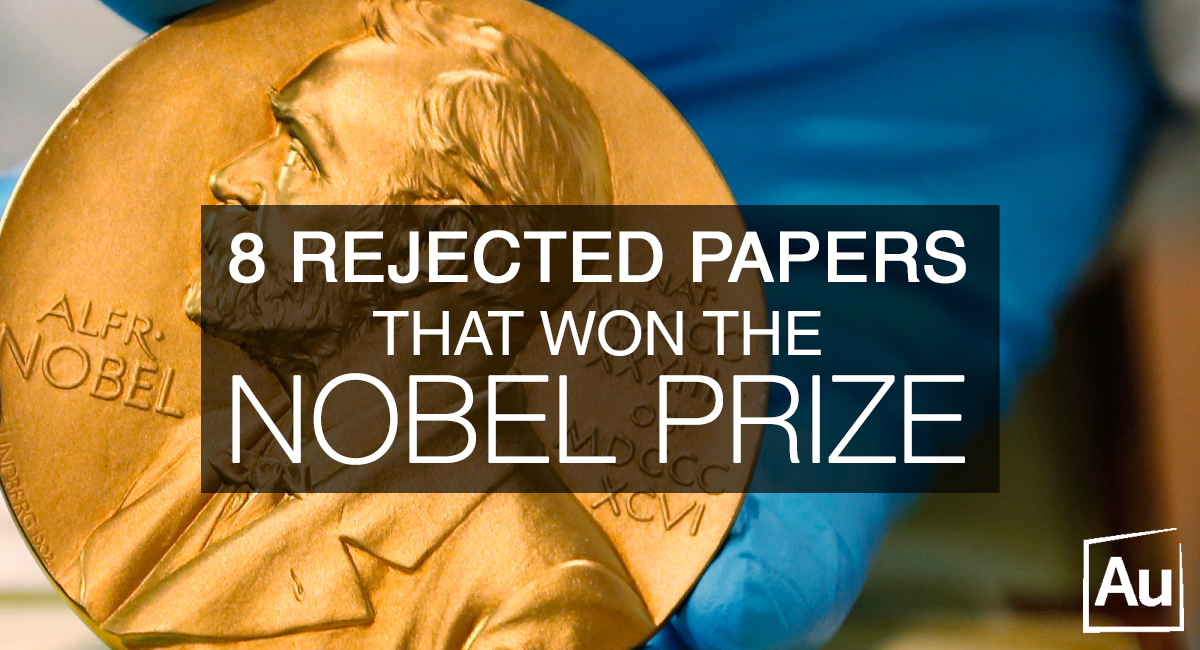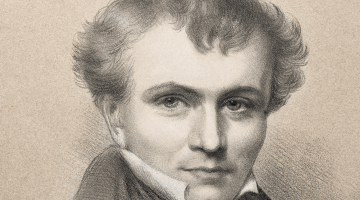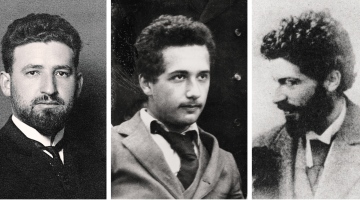Nope! 8 Rejected Papers That Won the Nobel Prize
Nobel prize winning ideas are not always accepted by the community. By definition, they are paradigm shifting, revolutionary.

Send us a link
Nobel prize winning ideas are not always accepted by the community. By definition, they are paradigm shifting, revolutionary.

By one estimate, 11 biotech drugs made from the ovary cells of Chinese hamsters generated an incredible $57 billion in sales in 2013 alone.

For centuries people have been asking, “Why is there something rather than nothing?” Science has not been able to give us an answer so far. We still have to live with the basic statement that “Everything that is is, and it is as long as it keeps its identity, that is, its onticity”, which we may call the “Strong Ontic Principle”.

Many of the comments in the Apollo Guidance Computer code go beyond boring explanations of the software itself. They’re full of light-hearted jokes and messages, and very 1960s references.

Revisiting the past can help to inform ideas of the present: science without consensus would be chaos. But the price of consensus is eternal vigilance against complacency, and a willingness to contemplate the road otherwise not travelled.
Shannon had a weakness for juggling and unicycles, but his fingerprints are on every electronic device we own.

Pivotal moments in the history of academic refereeing have occurred at times when the public status of science was being renegotiated.

For 16th century zoologists, it was like Google's arrival. Rather than punch a keyboard, they could thumb over Conrad Gessner’s sensational work.

The fascinating story of the discovery of nuclear fission began with an error that earned Enrico Fermi (see picture) a Nobel Prize for the apparent but incorrect discovery of the transuranic elements. Careful repetition and extension of the experiments finally led to the correct interpretation by Hahn, Meitner, Strassmann, Frisch, and Bohr as an effect from nuclear fission of the “small impurity” of (0.7 %) contained in natural uranium.
One hundred years after Albert Einstein made public his theory of general relativity, many of us struggle to understand it.
Lesser-known and junior colleagues helped the great physicist to piece together his general theory of relativity, explain Michel Janssen and Jürgen Renn.

This list recounts some prominent retractions that have occurred since 1980.
In theory, science isn't just self-interested. We're all driven by curiosity and pure motives to strive together to unlock the secrets of the universe and solve problems.But it's for others to determine whether or not we've unlocked or solved anything.
If you can read this sentence, you can talk with a scientist. Well, maybe not about the details of her research, but at least you would share a common language.
Did you ever wonder why it says QWERTY up on the left of your keyboard? And what does it have to do with academic publishing?

In a 7 mins talk, Adam Savage walks through two examples of profound scientific discoveries that came from simple methods anyone could have followed: the calculation of the Earth's circumference around 200 BC and the measurement of the speed of light in 1849.
There's a little-known dirty secret in science funding; prior to World War II and the Manhattan Project, the overwhelming majority of basic research was done by corporations. Thus, the tanks, planes, materials advancements and everything else were created by the private sector.